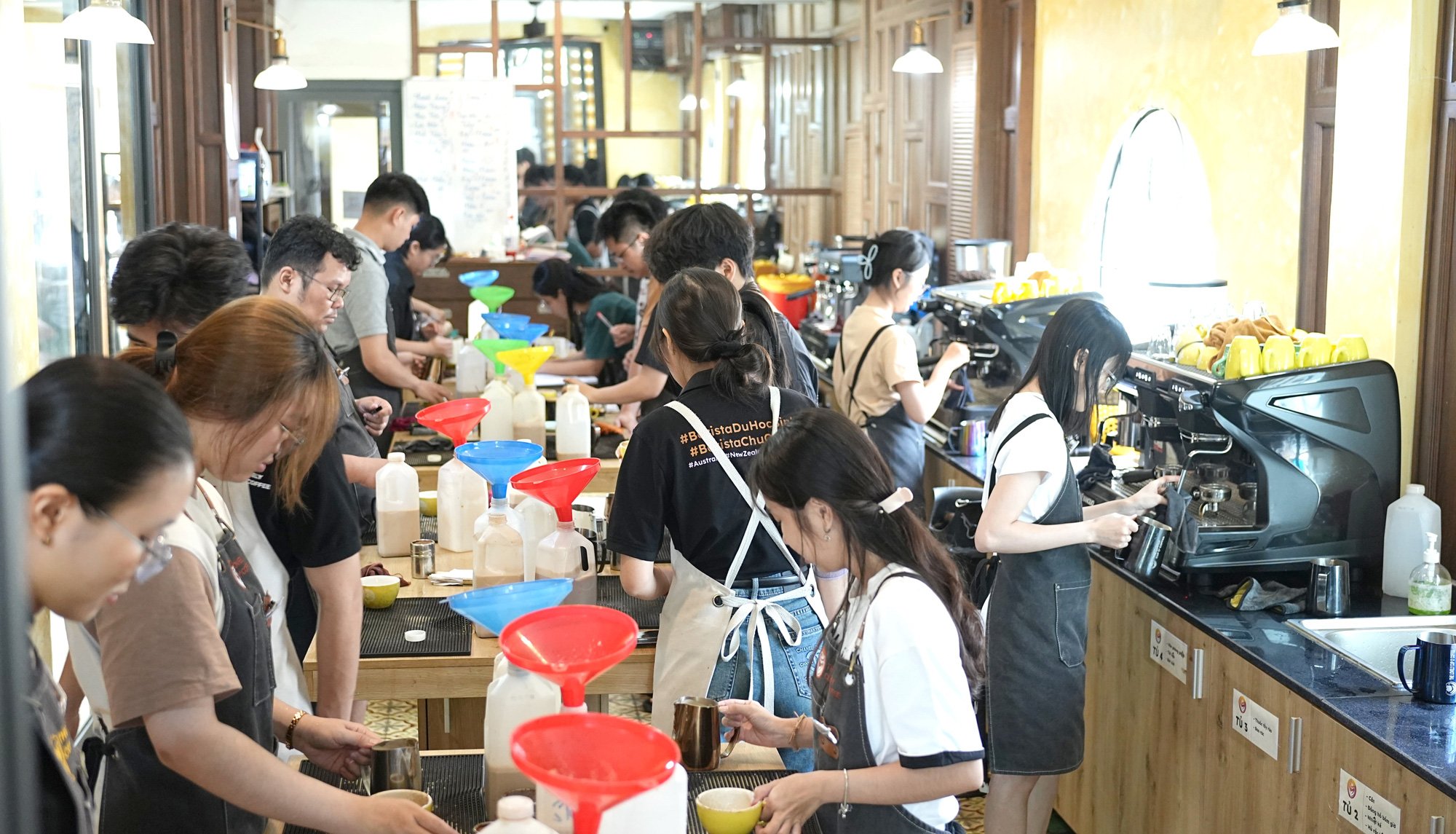
Students practice coffee extraction, milk frothing, latte art pouring... at The Lovely Cup O' Coffee class - Photo: NVCC
This is not only a job that brings a stable income but also helps them improve their communication skills and integrate into foreign cultures.
One rainy morning in mid-November, a group of young people gathered at a barista training space in Binh Thanh District, Ho Chi Minh City.
Three espresso machines were operating continuously, students were attentively practicing skills from coffee extraction, milk frothing to latte art creation. They were future international students, preparing their careers before coming to Australia, with the hope of not being surprised when working in a new environment.
Through my experience living and working in Australia, I hope to impart the most practical knowledge to students, helping them prepare the necessary luggage to increase the rate of getting a satisfactory job with high income from the barista profession.
Mr. Dang The Lan (founder of The Lovely Cup O' Coffee)
Prepare skills early
Nguyen Huynh Nhu, 18, is one of those students. For the past two months, she has been coming to The Lovely Cup O' Coffee regularly to practice her barista skills. Early next year, Nhu will go to Australia to study hospitality at Le Cordon Bleu, one of the world's most prestigious culinary and hospitality training institutes.
Through research, Nhu learned that barista is a popular job in Australia, with a stable income and flexible hours, suitable for students who study and work at the same time. “I researched carefully and understood that being a barista is not simply making coffee. This job requires good communication skills, understanding customer needs and the ability to work in a high-pressure environment. Customers in Australia often pay attention to the quality of coffee and service, so I want to prepare carefully,” Nhu shared.
At The Lovely Cup O' Coffee, Nhu learned to distinguish basic types of coffee and 17 popular drinks in Australia. She also participated in workshops simulating foreign coffee shops, directly taking orders, making drinks and being a cashier in English. Notably, the certificate from this course helped Nhu get two credits exempted, saving about 500 AUD when studying at Le Cordon Bleu.
In addition to learning basic bartending skills, students are also trained in how to handle real-life situations in the Australian work environment. “We organize workshops that completely simulate the real work environment. Students will learn how to handle multiple orders at the same time during peak hours, how to communicate professionally with difficult customers, and even how to handle technical problems with coffee machines,” said Dang The Lan, founder of The Lovely Cup O' Coffee.
“Studying in advance will help me master brewing techniques, understand coffee culture and be more confident when looking for a job. I can immediately apply this knowledge to real work when I come to Australia,” Nhu added.
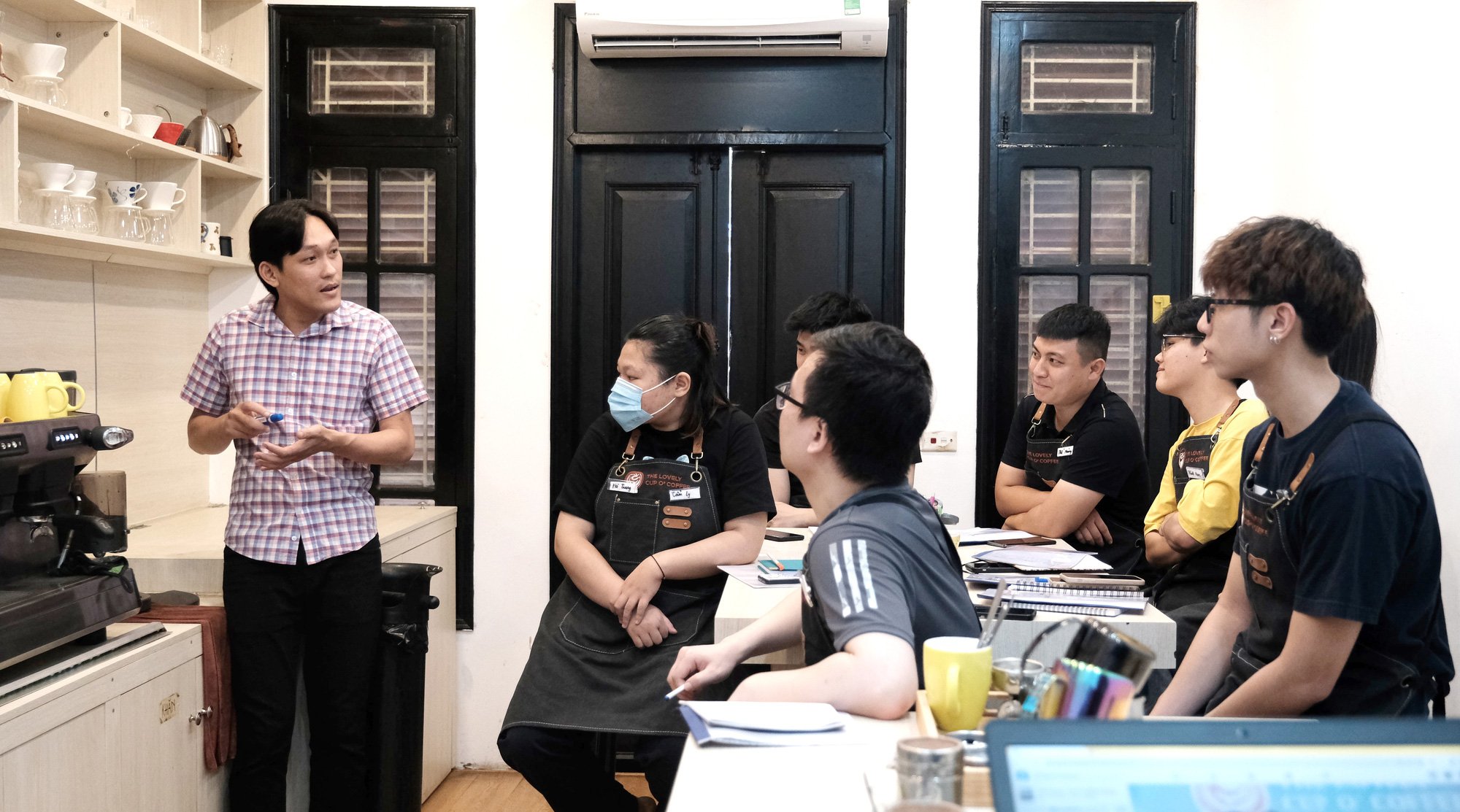
Mr. Dang The Lan (left) shares at a class of The Lovely Cup O' Coffee - Photo: NVCC
Attractive income from a side job
Mr. Dang The Lan said that barista is one of the easy part-time jobs for Vietnamese international students, along with other jobs such as tutoring, waiting tables, company internship or working on a farm. Income can reach 4,000-5,000 AUD/month (70-80 million VND) if working full-time during the holidays, and 2,000-3,000 AUD/month (35-50 million VND) with part-time work.
“This job is relatively easy, has high recruitment demand and stable income. In particular, this job helps international students improve their English skills through daily communication with customers. Many students also have the opportunity to be recruited into high-class hotels and restaurants, increasing their ability to find a job after graduation,” Mr. Lan shared.
Under new Australian regulations from 1 July 2023, international students are allowed to work up to 48 hours per fortnight during term time and unlimited hours during holidays. This makes it easier for international students to work while studying to cover living expenses.
Do Viet Dung, a first-year accounting student, is working as a barista at two cafes in Sydney, earning $25-30 an hour, higher on weekends and public holidays. Initially, he had difficulty communicating with customers and colleagues with the language. However, after a short time, Dung adapted well and significantly improved his English skills.
“I also connect with the international student community living in Australia, where people support me in finding a job and share practical experiences. That connection helps me feel more confident and integrate more easily,” Dung shared from Sydney. In the long term, he intends to open a small coffee shop, where he can both pursue his passion for brewing coffee and create a cozy space to connect people.
Ho Tuan Kiet is different. The data science student studied barista in Australia but struggled with the language barrier and high tuition fees – $200 for a three-hour course. Luckily, on a trip back to Vietnam, Kiet studied at The Lovely Cup O' Coffee's Da Nang branch, commuting four hours a day from Hue. Upon returning to Australia, within 10 days, he received four probationary offers and was hired at $30 an hour.
From side job to true passion
For many international students, working as a barista is not just a part-time job but also opens up new career opportunities. Mr. Lan is a typical example. “Working as a barista has not only helped me stabilize my life but also found my true passion for the coffee industry. During nearly 7 years in Australia, I had the opportunity to work at famous coffee brands and learned a lot about professional coffee culture,” he shared.
In addition to teaching bartending skills, Mr. Lan also helps students prepare job applications suitable for the Australian labor market. “I guide students on how to write an outstanding CV, how to answer interviews, and things to note about working culture in Australia. Many cafes in Australia highly value work attitude and the ability to integrate into a multicultural environment,” he said.
Many alumni of The Lovely Cup O' Coffee have also successfully developed their careers as baristas. Some have opened their own coffee shops, some have become coffee trainers, and many have been recruited by major coffee brands as managers.
In addition to Australia, many students of The Lovely Cup O' Coffee have also successfully found barista jobs in other countries such as Canada and New Zealand. “Each country has its own unique coffee culture and working style, but the basic skills of making drinks and serving customers can all be applied,” said Mr. Lan.
With the increasing number of Vietnamese students choosing Australia as their destination, barista is becoming a practical and attractive career choice. Not only does it help cover the cost of studying and living, this job also offers the opportunity to develop soft skills, improve foreign language proficiency and integrate into the culture. For those who know how to seize the opportunity, this can be a stepping stone to develop a long-term career in the burgeoning coffee industry in the land of kangaroos.
Need to learn about coffee
According to Mr. Lan, although coffee culture is popular in Vietnam, many international students still do not really understand this drink. Abroad, people are interested in the nature of coffee beans, coffee varieties and flavor notes, while Vietnamese people are often only familiar with blended coffee.
“Many people are surprised when they go abroad, see how people make coffee differently from us, see that coffee beans have many names like Java, Bourbon… while in Vietnam we just call them coffee beans. When people ask you what kind of beans you drink in Vietnam, where they come from, what they taste like… you can’t answer,” he said.
Source: https://tuoitre.vn/lan-lung-nghe-barista-truoc-khi-du-hoc-20250120090828222.htm


![[Photo] President Luong Cuong and King Philippe of Belgium visit Thang Long Imperial Citadel](https://vstatic.vietnam.vn/vietnam/resource/IMAGE/2025/4/1/cb080a6652f84a1291edc3d2ee50f631)
![[Photo] Close-up of Vietnam's sniffer dog team searching for earthquake victims in Myanmar](https://vstatic.vietnam.vn/vietnam/resource/IMAGE/2025/4/1/d4949a0510ba40af93a15359b5450df2)

![[Photo] Prime Minister Pham Minh Chinh meets with King Philippe of Belgium](https://vstatic.vietnam.vn/vietnam/resource/IMAGE/2025/4/1/be2f9ad3b17843b9b8f8dee6f2d227e7)
![[Photo] General Secretary To Lam receives King Philippe of Belgium](https://vstatic.vietnam.vn/vietnam/resource/IMAGE/2025/4/1/e5963137a0c9428dabb93bdb34b86d7c)

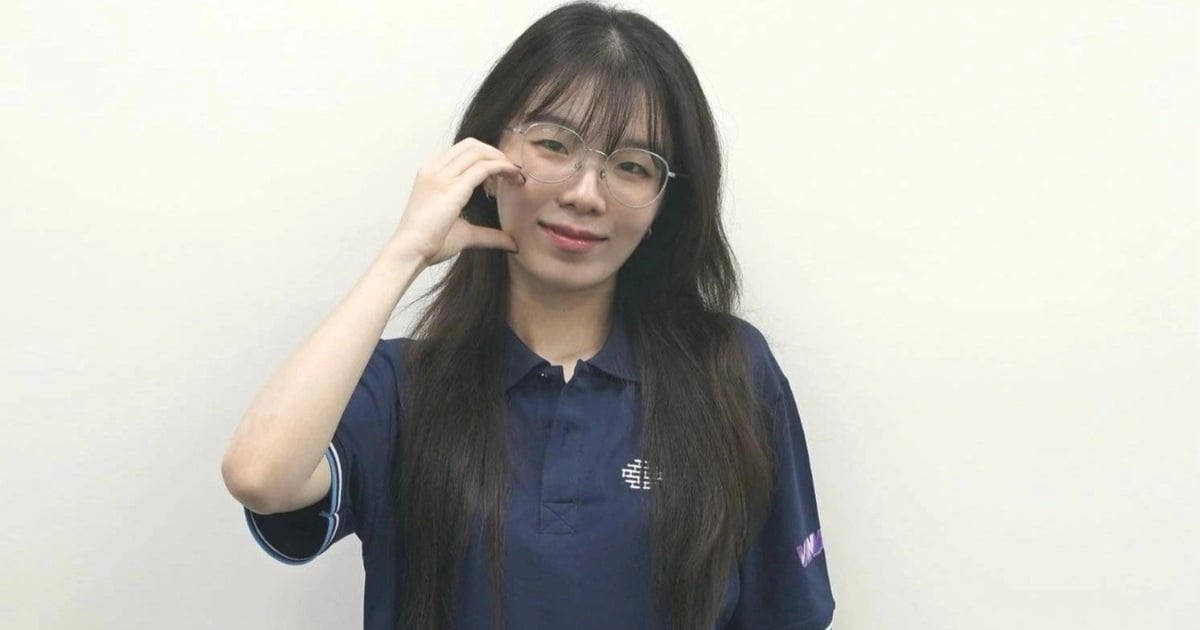

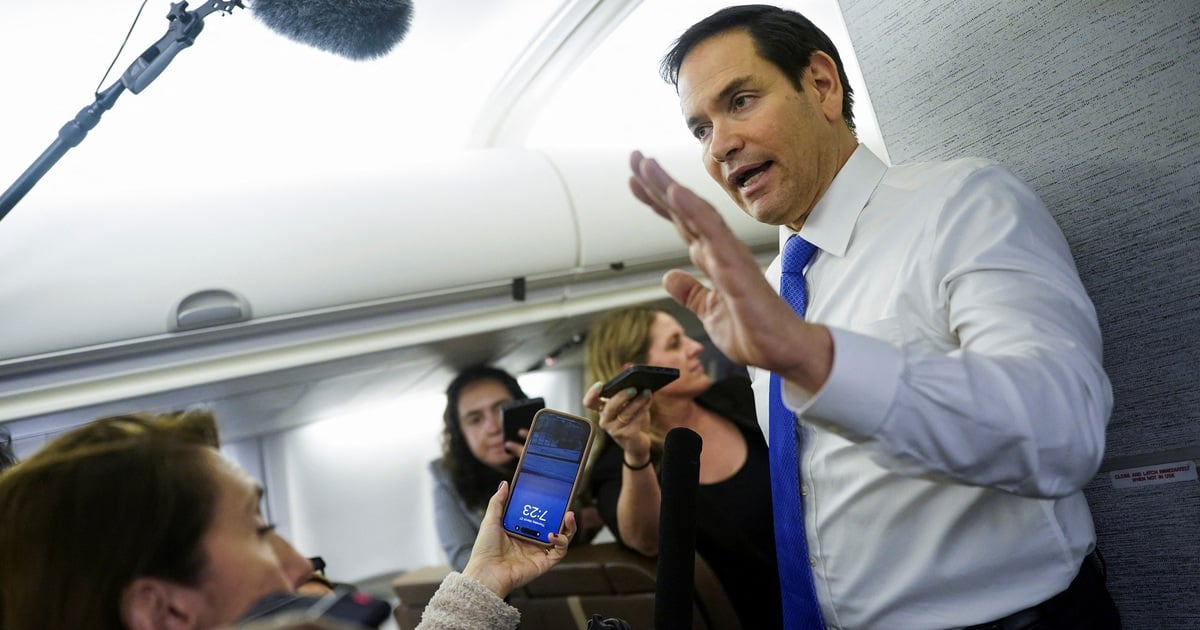

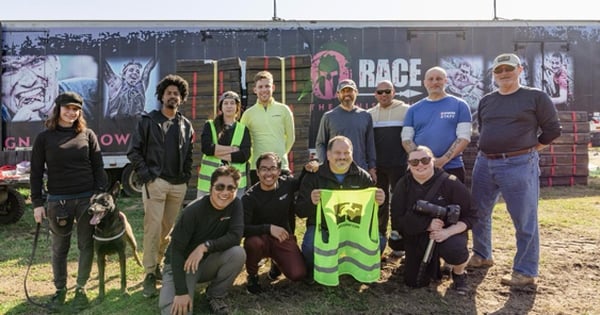



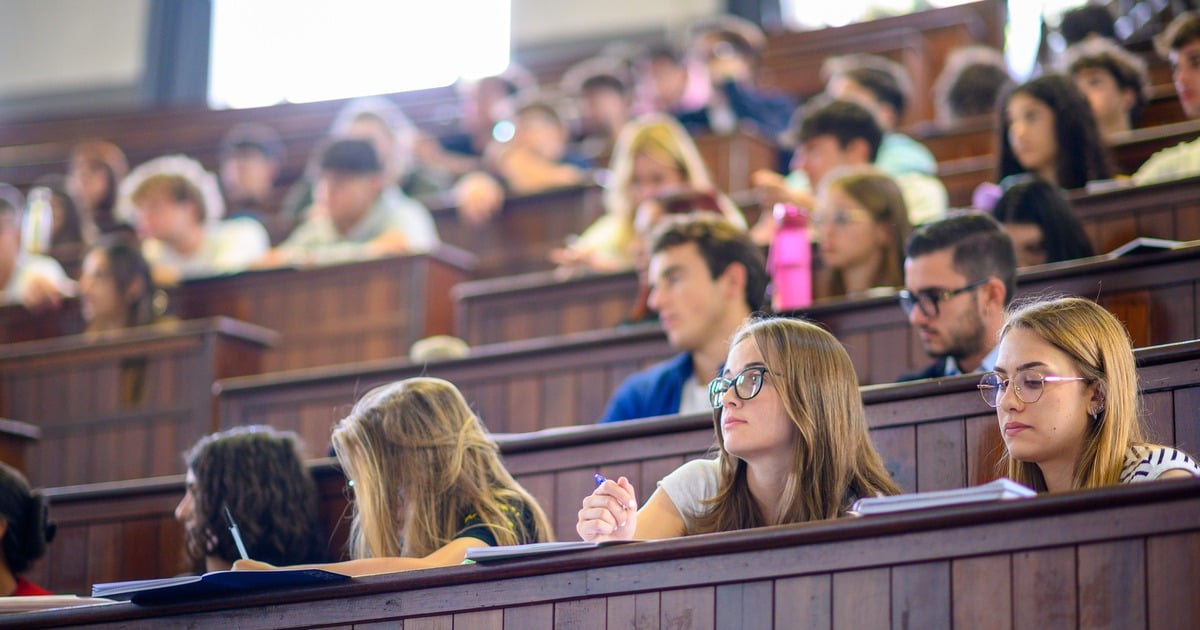
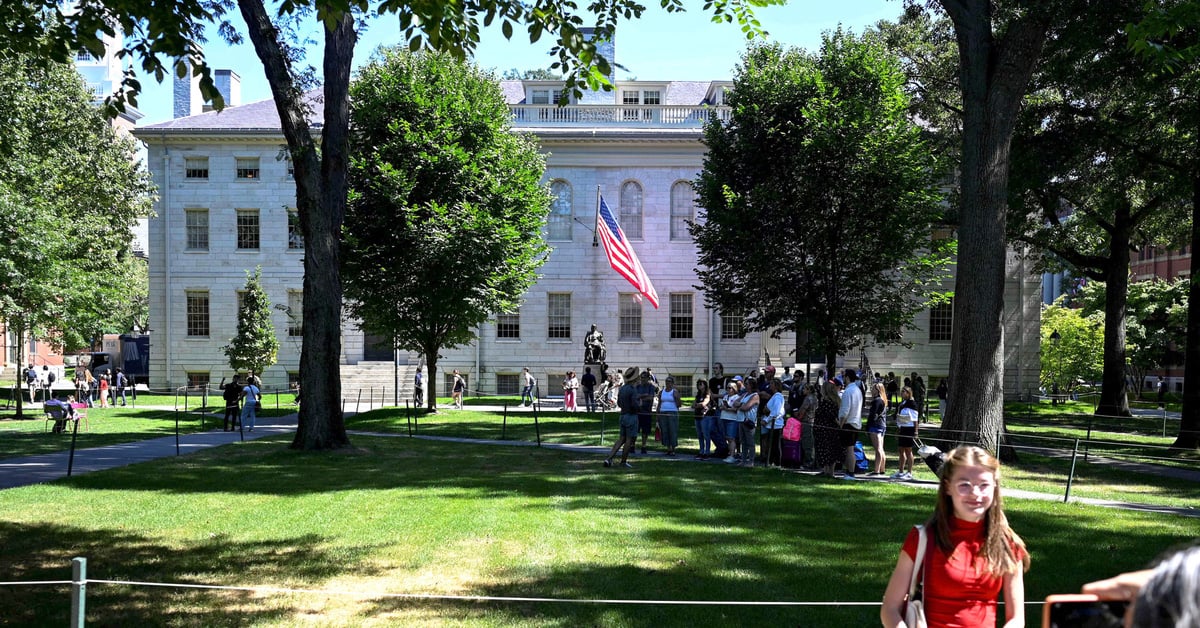
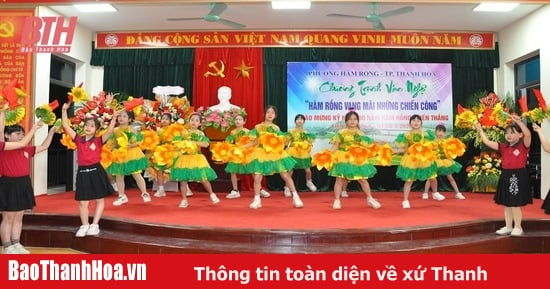


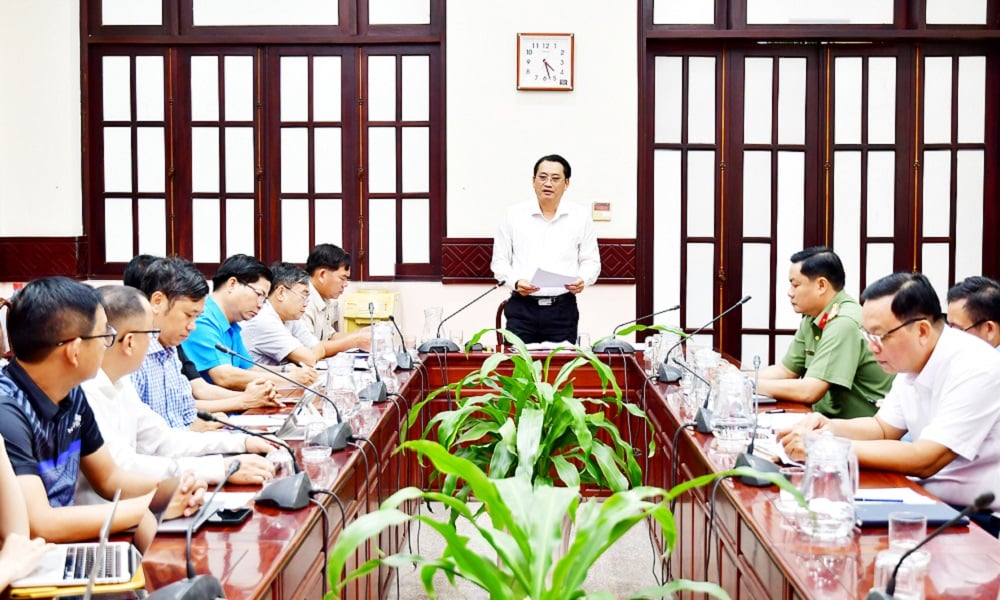






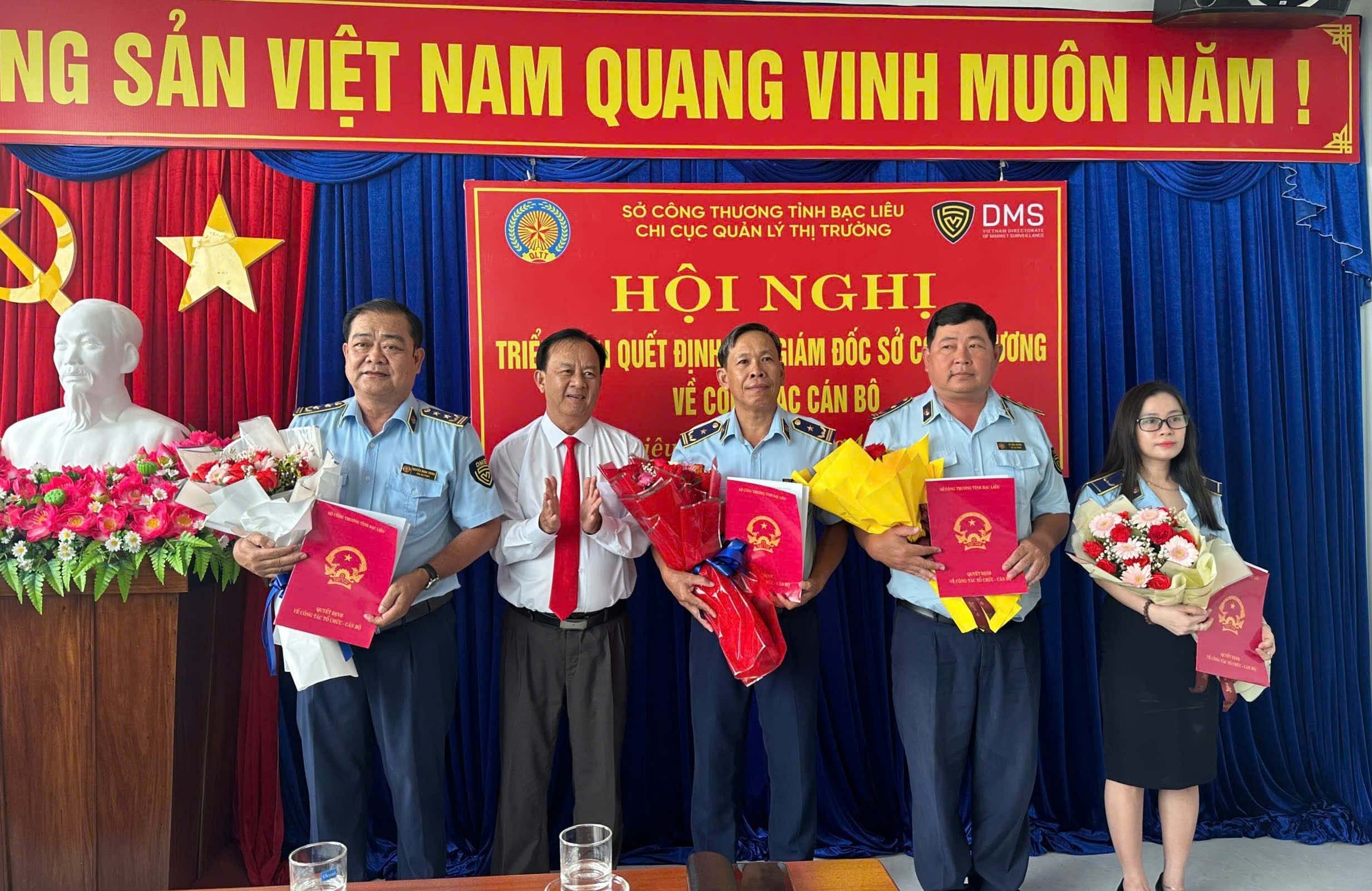
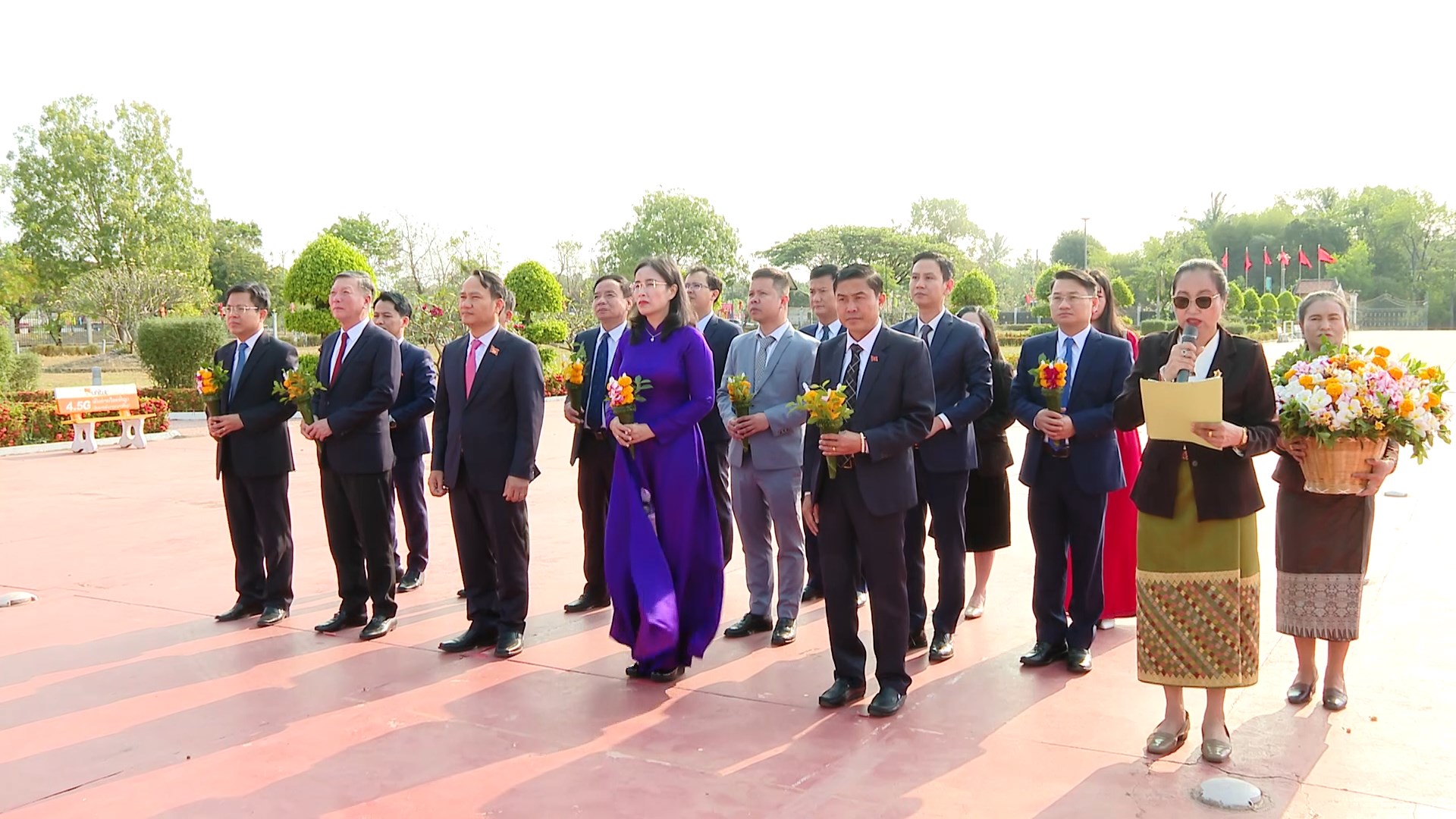
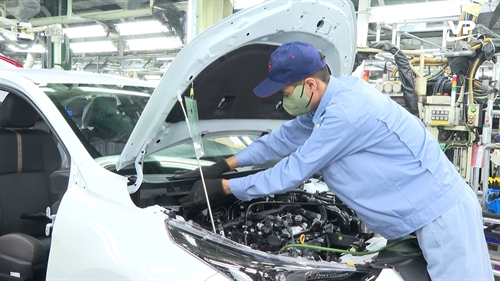
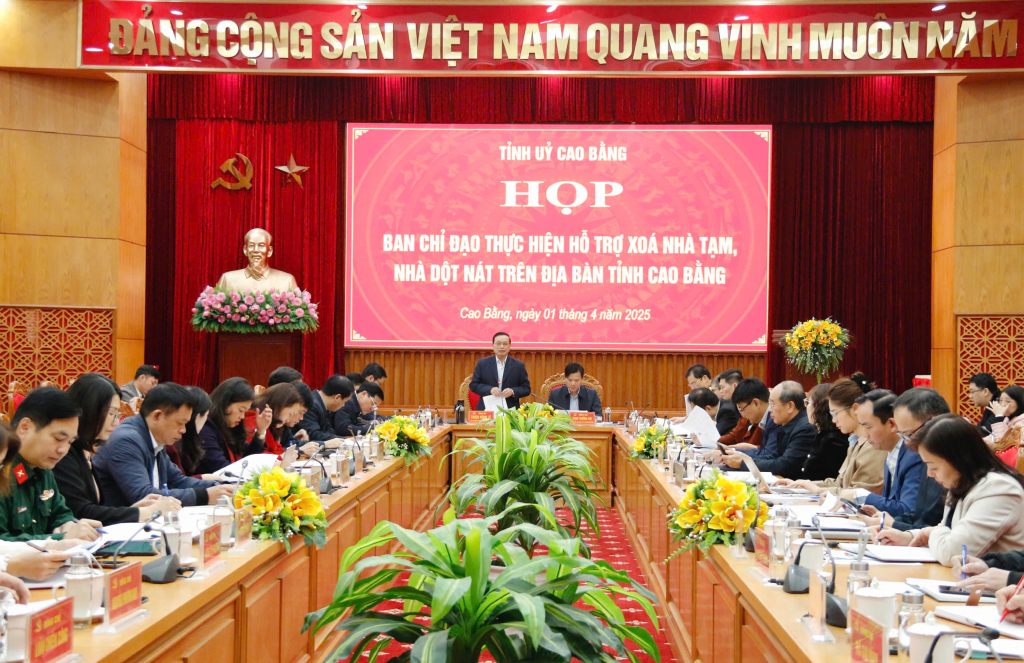
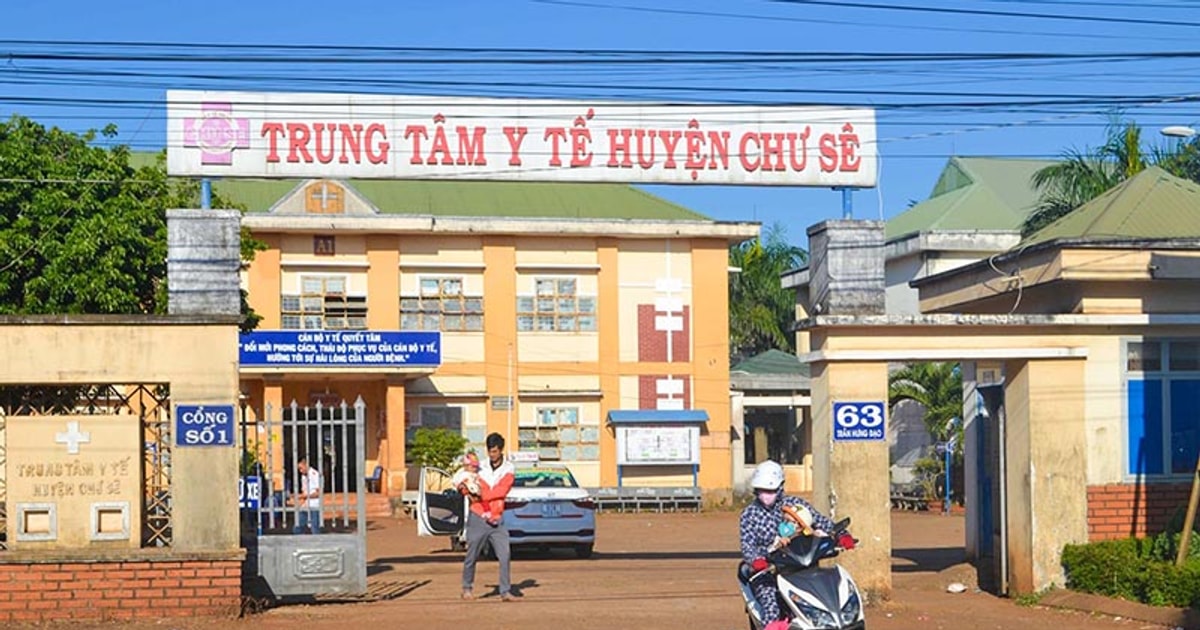
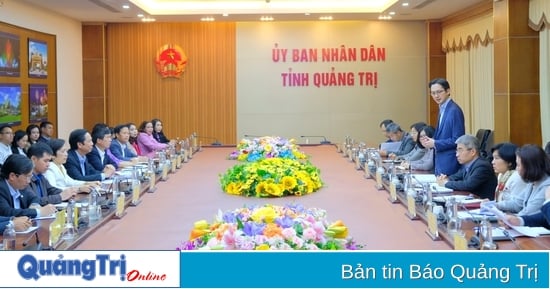
![[Photo] Myanmar's capital in disarray after the great earthquake](https://vstatic.vietnam.vn/vietnam/resource/IMAGE/2025/4/1/7719e43b61ba40f3ac17f5c3c1f03720)








































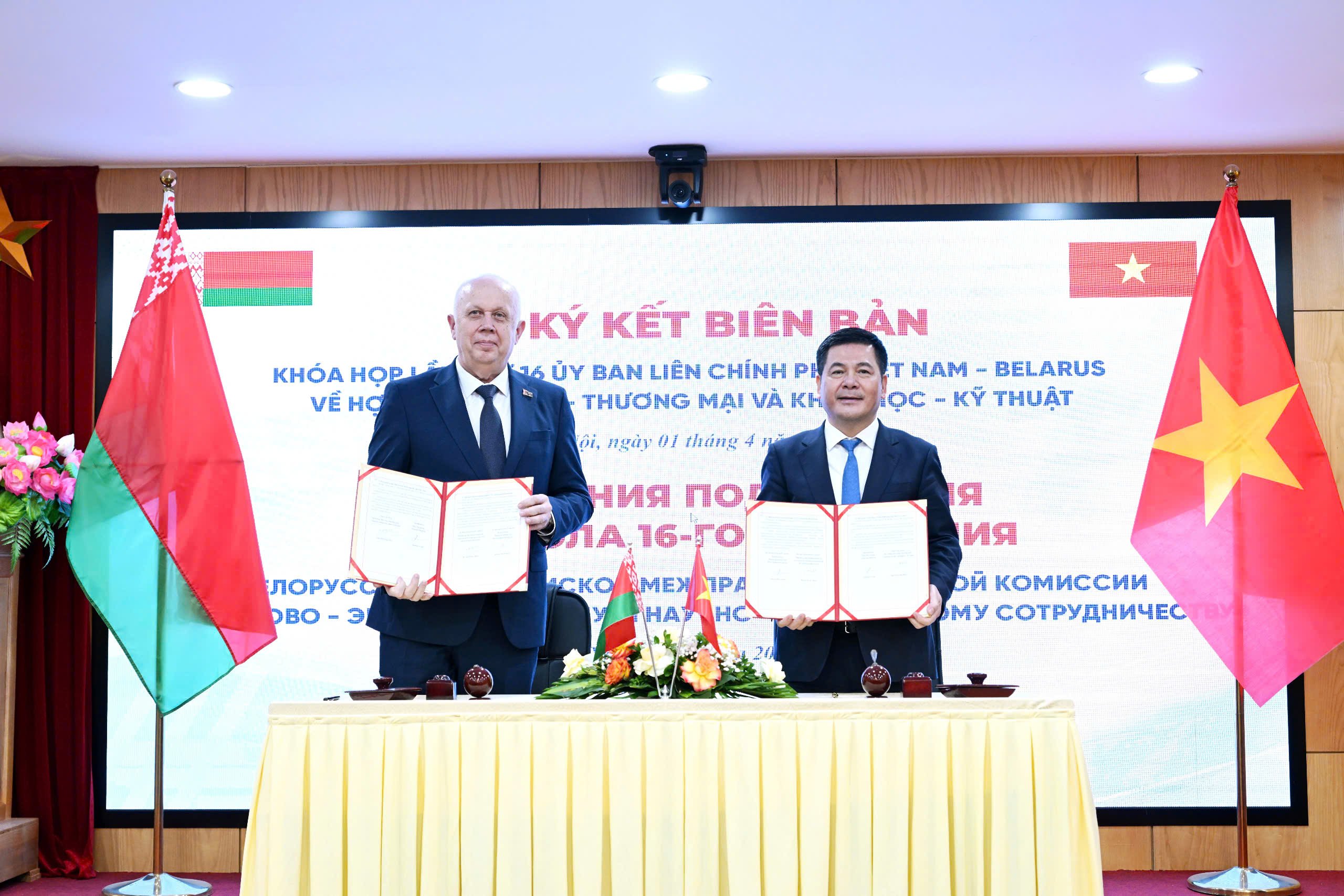
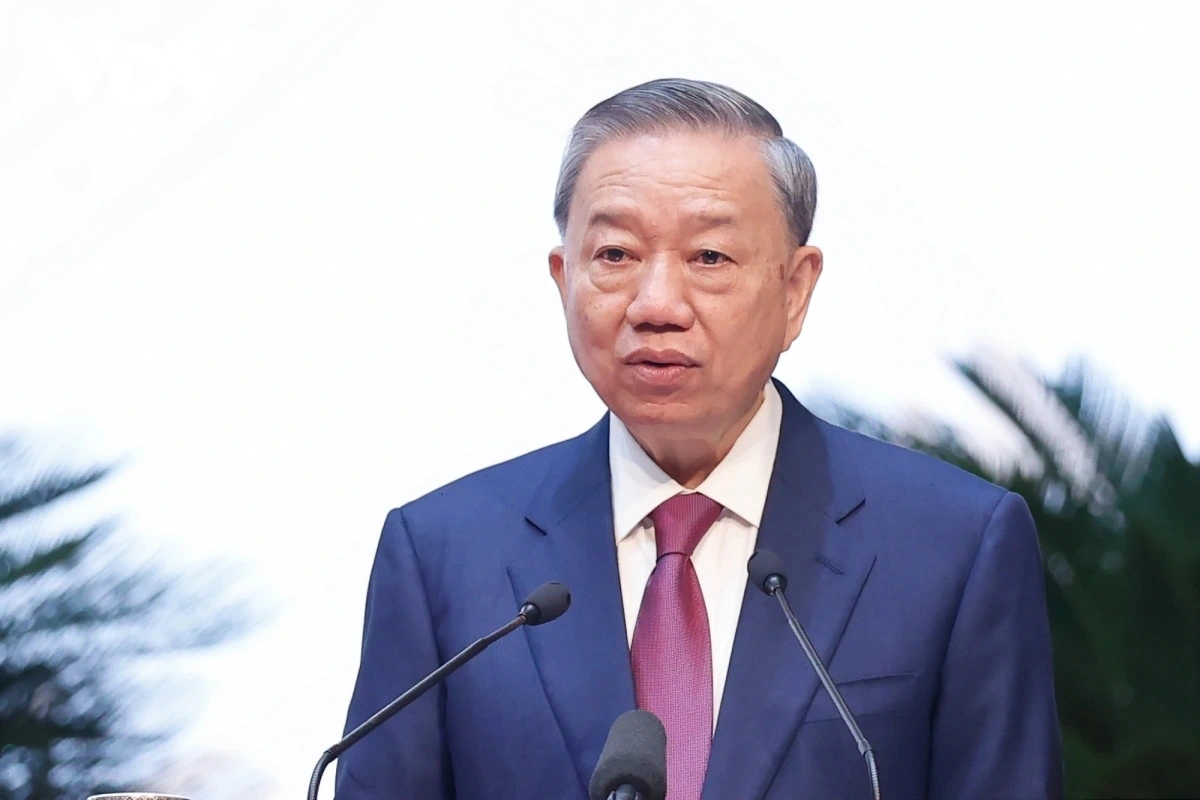

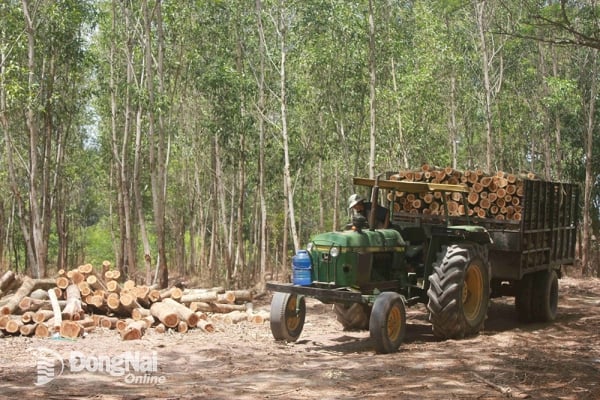
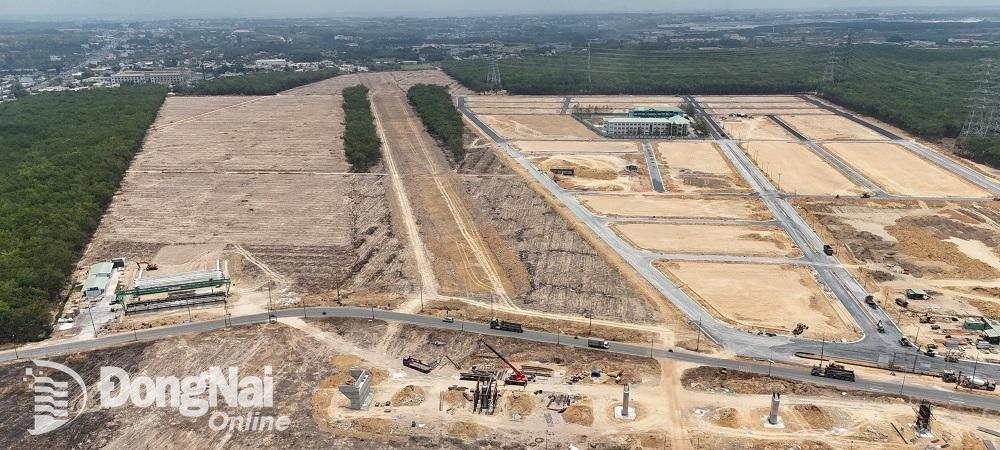
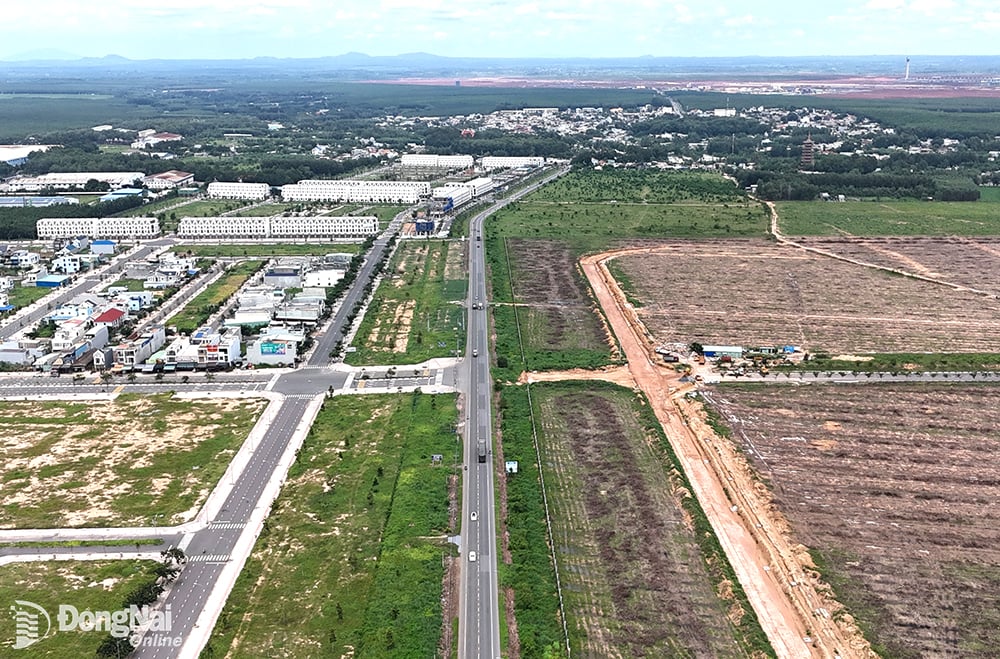











Comment (0)